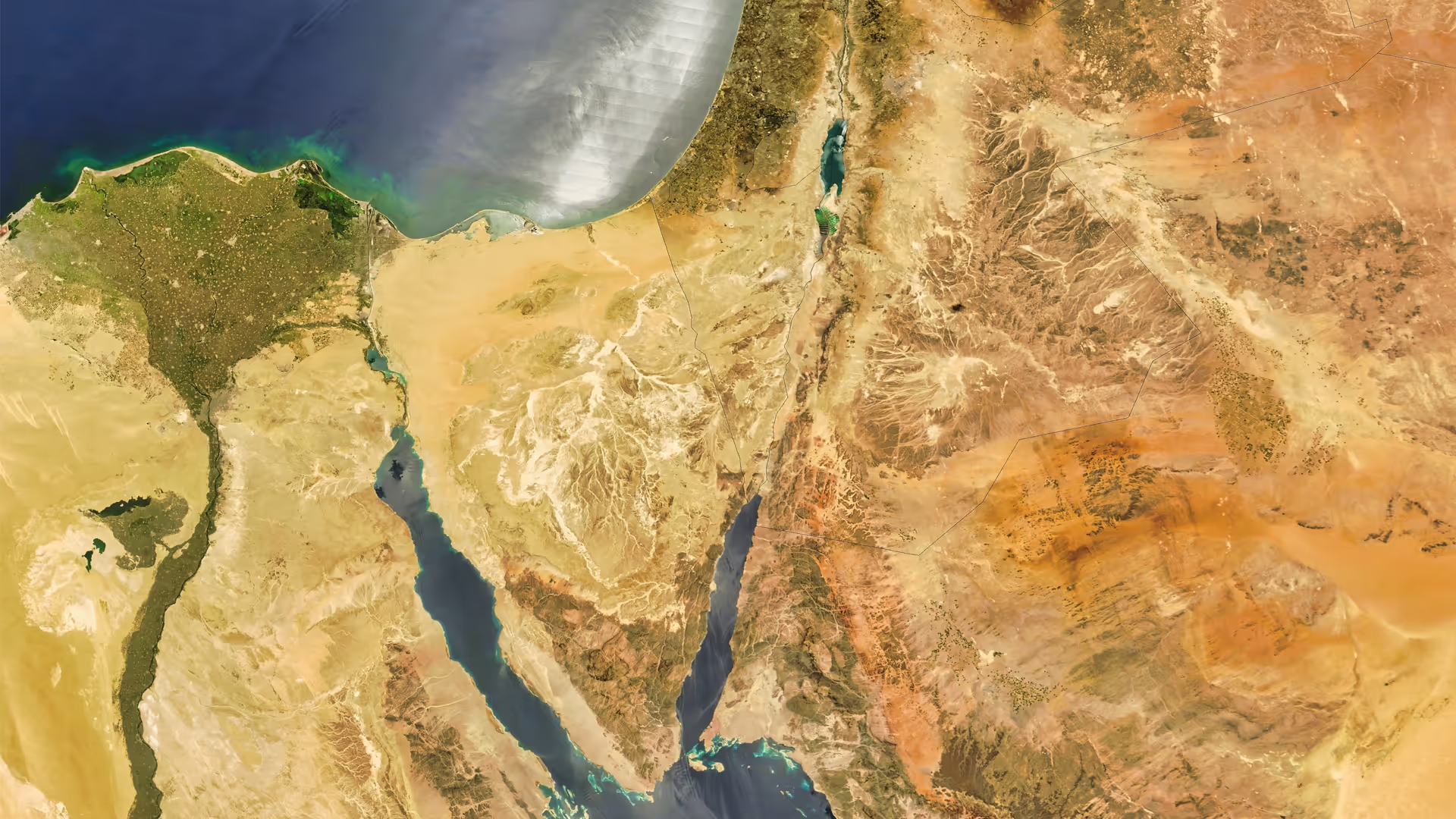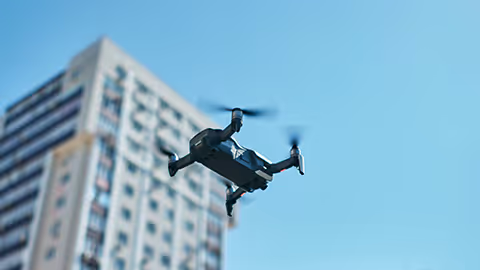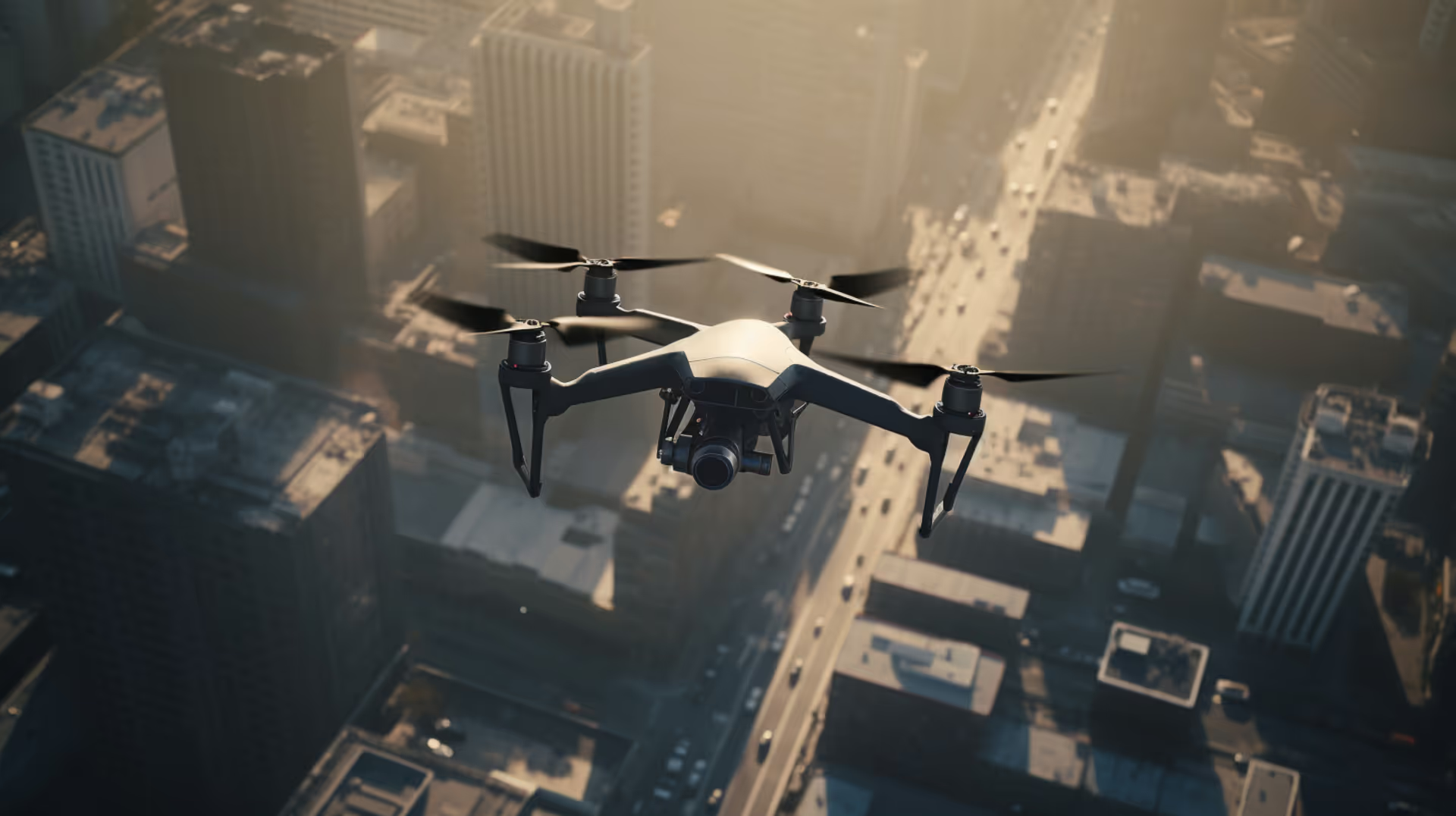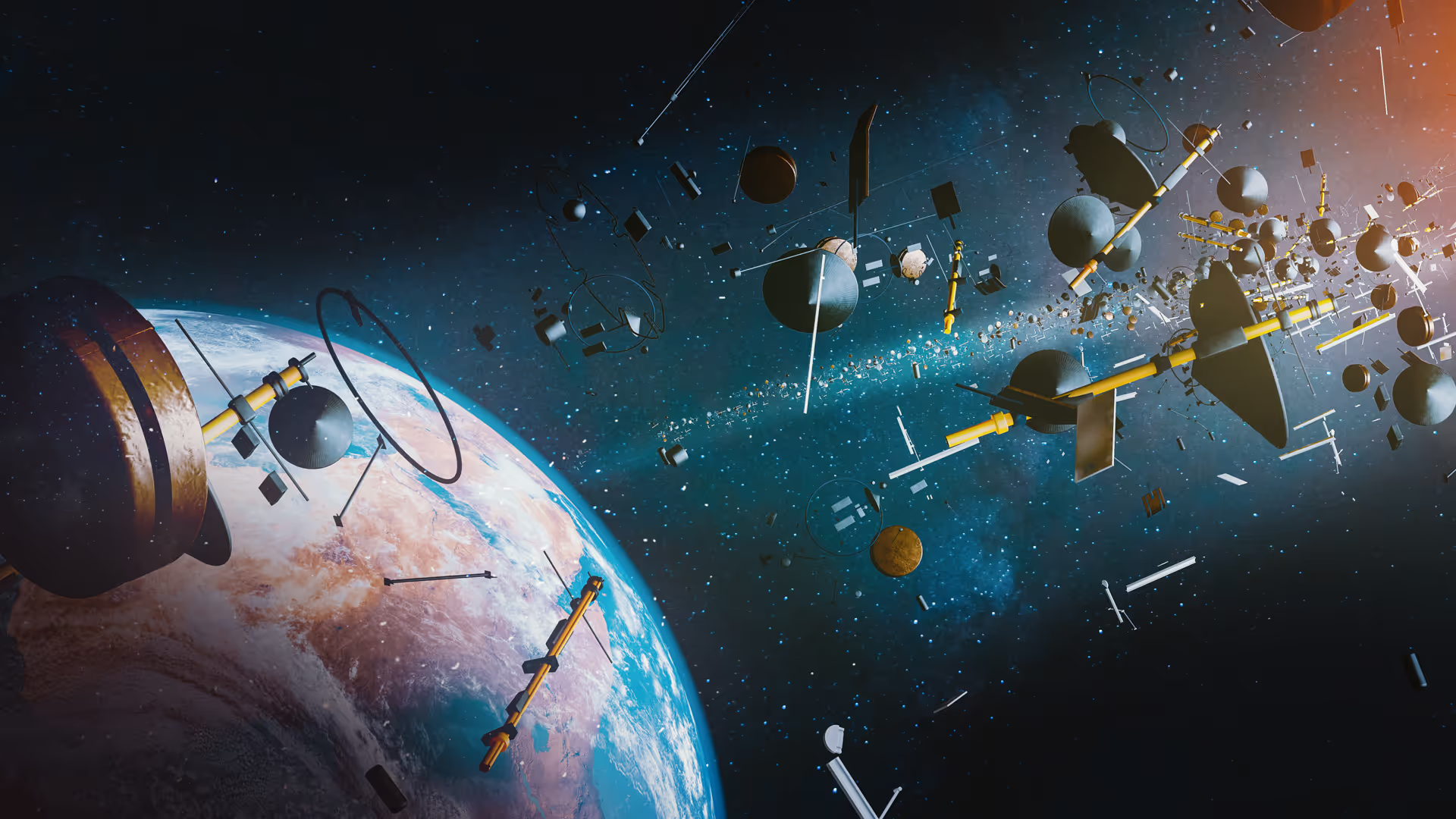A region in transformation
The Middle East is at a pivotal moment in its defence and aerospace journey. The region is witnessing unprecedented investments aimed at strengthening local defence capabilities, driving technological innovation, and building a knowledge-based economy.
This momentum is driven by multiple factors:
- Geopolitical turbulence, which underscores the need for sovereign capabilities and supply chain independence.
- National defence strategies, which prioritise indigenous R&D, skills development, and the creation of resilient local industries.
- Global shocks such as COVID-19, which demonstrated the risks of over-reliance on foreign partners and fragile supply chains.
The strategic question facing leaders in the region is whether reliance on traditional partnerships alone can ensure long-term security and competitiveness? Increasingly, the answer lies in a new model of collaboration.
From partnerships to true technology enablement
This is not the end of cross-country partnerships, but the nature of these partnerships must evolve. For Middle Eastern stakeholders, success now depends on international collaborators who engage early in the innovation lifecycle, enable technology transfer from concept to product, not just late-stage assembly, and who embed knowledge within local ecosystems to ensure long-term independence.
At TTP, this has been a central focus of our work in the Middle East: helping clients translate early-stage concepts into field-ready products, while building local capability for sustained innovation.
Bridging the “Valley of Death” – From TRL 2 to TRL 7
The Middle East is home to some of the world’s fastest-growing investments in frontier research. For example, in the UAE universities such as Mohamed bin Zayed University of Artificial Intelligence (MBZUAI) and Khalifa University have secured significant funding in fields like AI, quantum computing, and space sciences. Many of these initiatives are driven by national security priorities and industry-led use cases.
Yet, a persistent challenge remains: the so-called “valley of death” between research (TRL 1–3) and deployable products (TRL 7+). TTP helps clients navigate this journey by optimising designs to meet operational and commercial requirements, phasing programmes to mitigate technical and market risks early and Validating technologies against real-world constraints and customer use cases.
Case Study: Developing a new generation of tactical radio platform for Spectra Group (UK)
Spectra Group (UK) is a leading global provider of tactical and strategic mission-critical communications systems for military operations. Spectra approached TTP as they wanted to modernise their beyond-line-of-sight tactical communications product “Slingshot” – to enable a data centric solution that enables a wide range of current and future applications. TTP started engagement with Spectra with an initial feasibility study to explore the techno-commercial art-of-the possible. In 1.5 years TTP enabled the launch of Spectra’s GENSS family of products, the underpinnings of which are a bespoke SDR that TTP developed on behalf of Spectra. Read more here.
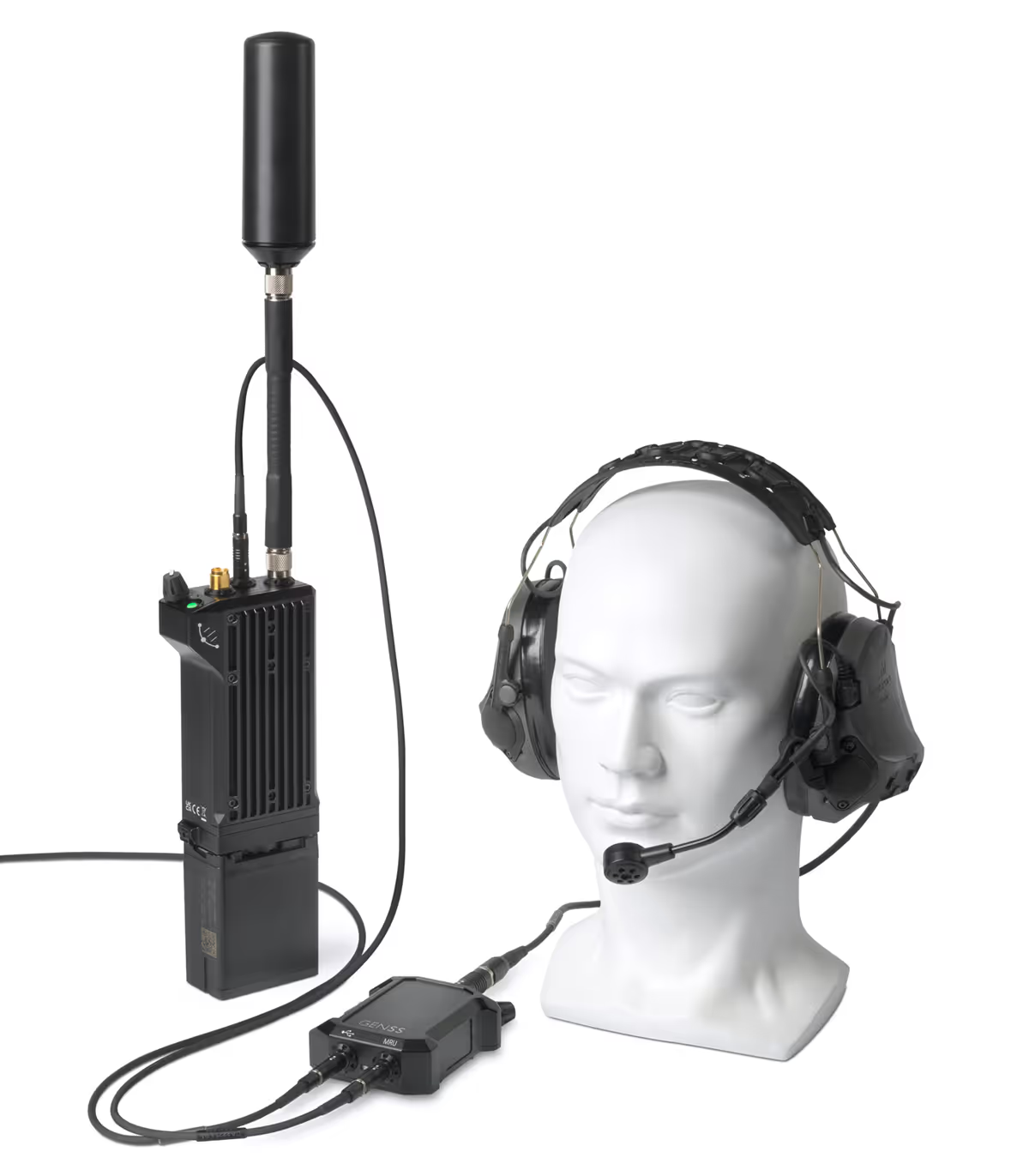
Building supply chain resilience by design
Stakeholders in the Middle East, from primes to Tier-2 suppliers, have faced supply chain shocks caused by global crises, shifting alliances, and single-source dependencies. The result has been delays, capability gaps, and vulnerabilities.
At TTP, we help our clients embed resilience into their programmes from the outset.
- Design phase: selecting components with reliable access, considering export-control challenges, and planning for local manufacturability.
- Scale-up phase: leveraging TTP’s global ecosystem of trusted suppliers to meet immediate needs.
- Long-term strategy: equipping local suppliers in the Middle East with the knowledge and capabilities to independently deliver against future demand.
Case Study: CoVent – TTP’s rapid manufacture ventilator designed at the start of the COVID-19 pandemic
In the peak of COVID, TTP joined a mid-Friday-afternoon call with the Cabinet Office, where it was outlined that the UK would soon be facing a shortage of 20,000 ventilators for COVID-19 patients. TTP was then asked to develop a simple ventilator that could be manufactured from readily available parts and supplied to the National Health Service on a timescale of 6-8 weeks. What followed was the most intense project TTP has worked on where we partnered with Dyson to develop a MHRA ready design of “Covent” in a month. Whilst the UK demand for ventilators was not as initially envisaged, and CoVent was not required for the UK market, the development required an approach that was resilient against all forms of risk & uncertainty – from components not being available in time, in the right volumes and risks of concept failure. TTP adopted principles akin to redundancy-based design to mitigate these risks. Read more about how we navigated this successfully here.
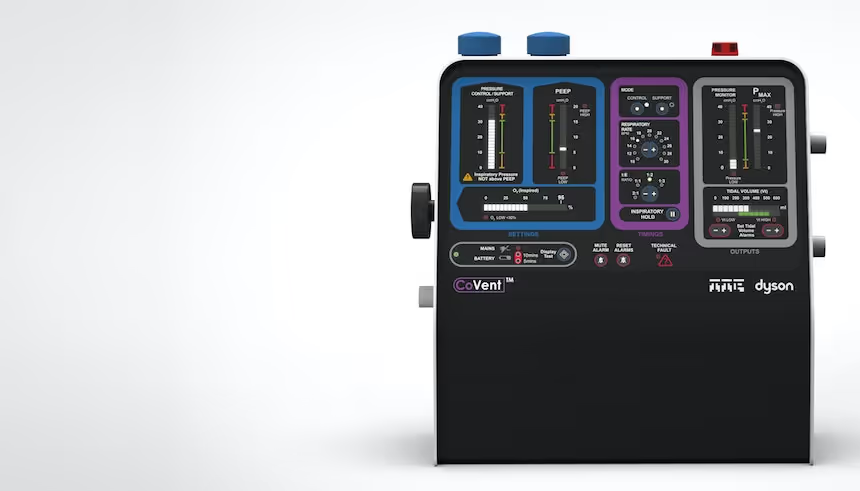
Enabling a knowledge economy through technology localisation
Middle Eastern leadership, from the Crown Prince to industry heads, consistently emphasises technology localisation and national talent development as pillars of their vision. TTP’s model is designed for this:
- We operate as an extension of our clients’ engineering teams, embedding with them to co-develop solutions.
- We prioritise knowledge transfer, ensuring design expertise and ownership are handed to local teams.
- Our involvement is often phased out as client teams become self-sufficient — a deliberate choice to enable sustainable local innovation.
The result: our clients are empowered to build upon and expand the products and capabilities we co-develop, creating lasting impact on the knowledge economy.
Why TTP?
- Track record: Decades of experience turning complex technologies into real-world solutions.
- Agility: A flexible, project-based approach that accelerates delivery.
- Alignment: A deep understanding of national strategies and priorities in the MIddle East.
- Commitment to localisation: Not just delivering technology, but ensuring it thrives within the region’s ecosystems.
Closing Thought
For the Middle East, the future of defence, aerospace, and space is not only about acquiring advanced technologies, it is about building the capabilities to innovate, adapt, and lead.
At TTP, we are proud to partner with stakeholders in this journey, helping to bridge the gap from research to product, strengthening supply chain resilience, and enabling the knowledge economy that will secure the region’s future.

